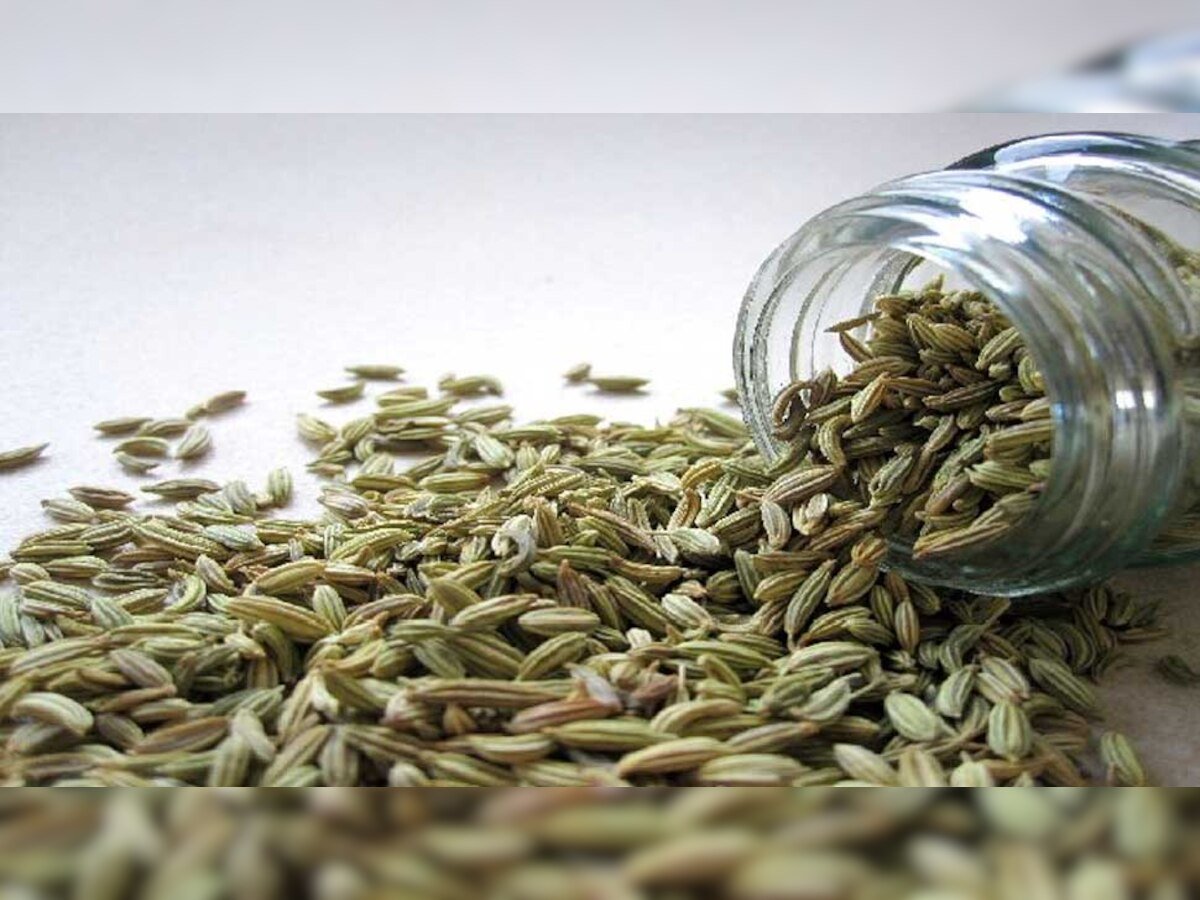New Delhi, 14 October, 2025: For centuries, traditional remedies have been at the heart of wellness practices across cultures. Long before modern medicine became mainstream, people relied on natural herbs, spices, and seeds to treat everyday ailments, support digestion, and boost immunity. Today, modern science is beginning to validate many of these ancient practices, and simple ingredients like Fennel (commonly known as saunf in India) are gaining well-deserved medical attention.
This growing intersection between ancient wisdom and modern research reflects a larger shift in healthcare—one where natural remedies are not dismissed as “folk medicine” but examined for their true therapeutic potential.
A Brief History of Traditional Remedies
Traditional healing systems have deep roots. Practices like Ayurveda, Traditional Chinese medicine, and other indigenous medical systems have been using herbs and spices for thousands of years. Ingredients such as turmeric, ginger, cumin, and fennel were valued not just for flavor but for their healing properties.
For example:
- In Ayurveda, fennel (Foeniculum vulgare) is known for its cooling effect, ability to aid digestion, and capacity to balance the body’s internal energy.
- In ancient Chinese medicine, fennel was used to relieve bloating, improve circulation, and support respiratory health.
- In the Mediterranean, fennel seeds have long been used as a natural digestive aid after meals.
Modern researchers are now discovering that many of these traditional observations are scientifically sound.
Saunf: A Tiny Seed with Big Benefits
Fennel seeds may look small, but they are packed with nutrients and powerful plant compounds. They are rich in fiber, antioxidants, vitamins, and minerals like calcium, magnesium, and potassium.
Key compounds in fennel seeds:
- Anethole – a bioactive compound known for its anti-inflammatory and antimicrobial properties.
- Flavonoids and phenolic compounds – powerful antioxidants that protect cells from oxidative stress.
- Volatile oils – which give fennel its distinct aroma and may support digestion.
These components make fennel seeds more than just a kitchen staple—they’re a scientifically interesting natural remedy.
Modern Research Supporting Ancient Wisdom
Recent scientific studies have explored fennel’s effects on the human body, revealing several medically relevant benefits:
1. Digestive Health
Fennel seeds have long been used to ease bloating, indigestion, and stomach cramps. Studies suggest that fennel:
- Relaxes the smooth muscles in the gut
- Stimulates digestive enzymes
- Helps reduce symptoms of Irritable bowel syndrome (IBS)
2. Anti-Inflammatory Properties
Inflammation is at the root of many chronic diseases, including Rheumatoid arthritis, heart disease, and diabetes. Compounds like anethole may help:
- Reduce inflammatory markers
- Lower oxidative stress
- Support joint and cardiovascular health
3. Hormonal Balance and Women’s Health
Fennel has natural phytoestrogens—plant-based compounds that mimic estrogen. These may:
- Ease menstrual cramps
- Support hormonal balance
- Reduce menopausal symptoms like hot flashes
4. Respiratory Health
Traditional medicine has used fennel for coughs, colds, and congestion. Its natural oils may help:
- Loosen mucus
- Act as a mild expectorant
- Soothe irritated airways
5. Blood Sugar Regulation
Emerging research shows that fennel may improve insulin sensitivity and help stabilize blood sugar levels, making it beneficial for people at risk of Type 2 diabetes.
6. Antimicrobial Effects
Fennel extracts have shown activity against certain bacteria and fungi, which supports its traditional use for oral hygiene and gut health.
Why Modern Science Is Paying Attention Now
So why are traditional ingredients like saunf finally getting the scientific recognition they deserve?
- Rise in Lifestyle Diseases
Modern society faces increasing rates of metabolic disorders, digestive issues, and stress-related conditions. Natural remedies offer a preventive and supportive approach alongside conventional medicine. - Focus on Preventive Health
There’s a global shift from treating diseases to preventing them early. Herbs and spices are seen as functional foods that support long-term wellness. - Evidence-Based Herbal Medicine
Advances in laboratory testing, clinical research, and data analysis now allow scientists to identify active compounds and measure their effects precisely. - Consumer Demand for Natural Options
People are seeking less processed, plant-based solutions with fewer side effects. This demand has spurred research and product development around natural remedies.
How Saunf Is Used Traditionally
Traditional practices involving fennel seeds are simple yet effective:
- Chewing fennel seeds after meals for better digestion and fresh breath
- Fennel water (soaking seeds overnight and drinking in the morning) to detoxify and support metabolism
- Fennel tea to ease bloating and menstrual discomfort
- Incorporating fennel in cooking, such as in curries, pickles, and spice blends, to enhance both flavor and health benefits.
These methods have been passed down through generations and are now being studied systematically by modern science.
The Science of Integration: Modern Medicine Meets Traditional Wisdom
Modern medicine often focuses on targeting specific diseases, while traditional remedies emphasize overall balance and wellness. The most promising future of healthcare may lie between these two approaches.
Examples of Integration:
- Clinical trials testing fennel extracts for digestive and hormonal health.
- Use of fennel-based supplements in functional medicine and integrative health clinics.
- Incorporation of fennel in dietary recommendations for gut health and metabolic wellness.
This evidence-based integration helps ensure that traditional remedies are used safely, effectively, and with scientific validation.
Safety and Precautions
While fennel is generally safe, it’s important to use it wisely:
- Moderation is key: Overconsumption can lead to digestive upset or allergic reactions in sensitive individuals.
- Consult a healthcare provider: Especially for pregnant women, individuals on medications, or those with hormone-sensitive conditions.
- Choose quality sources: Fresh, uncontaminated fennel seeds are best to ensure maximum benefits.
Natural remedies can be powerful, but they should complement—not replace—professional medical care.
The Bigger Picture: Traditional Remedies in Modern Healthcare
Fennel is just one example of many traditional ingredients under scientific investigation. Others include:
- Turmeric (curcumin) for inflammation and brain health
- Ginger for digestion and immunity
- Ashwagandha for stress reduction and hormone balance
- Tulsi (holy basil) for respiratory and immune support
This growing body of research underscores the idea that traditional knowledge often holds practical, scientifically sound solutions.
The Future of Traditional Medicine in a Modern World
Healthcare systems around the world are beginning to embrace integrative models, combining evidence-based traditional medicine with modern treatments.
Potential future developments include:
- Standardized herbal formulations backed by clinical data
- Inclusion of traditional remedies in mainstream treatment guidelines
- Wider availability of safe, regulated herbal supplements
- Educational initiatives for healthcare professionals on complementary therapies
As more scientific evidence emerges, ingredients like fennel may become mainstream wellness tools rather than niche home remedies.
Traditional remedies are not relics of the past—they are living knowledge systems that continue to shape how people care for their health. With modern science now validating many of their benefits, ingredients like saunf (fennel seeds) are stepping into the spotlight for their therapeutic potential.
By respecting traditional wisdom and pairing it with rigorous research, we can build a more holistic, preventive, and effective healthcare landscape. Sometimes, the most powerful medicines aren’t found in a lab—they’ve been sitting in our kitchens all along.







